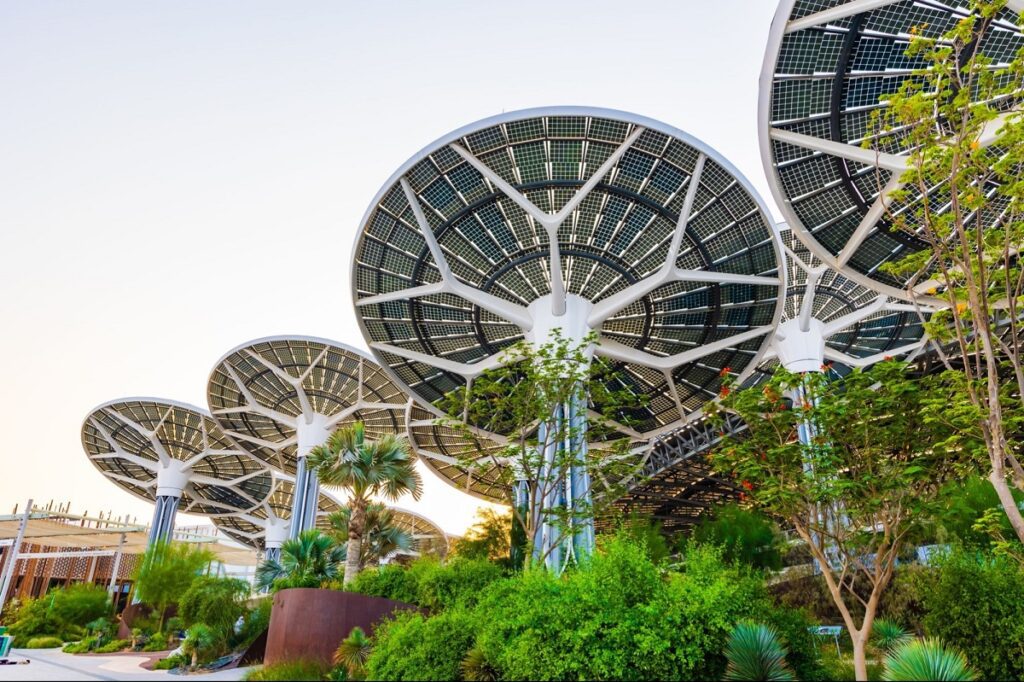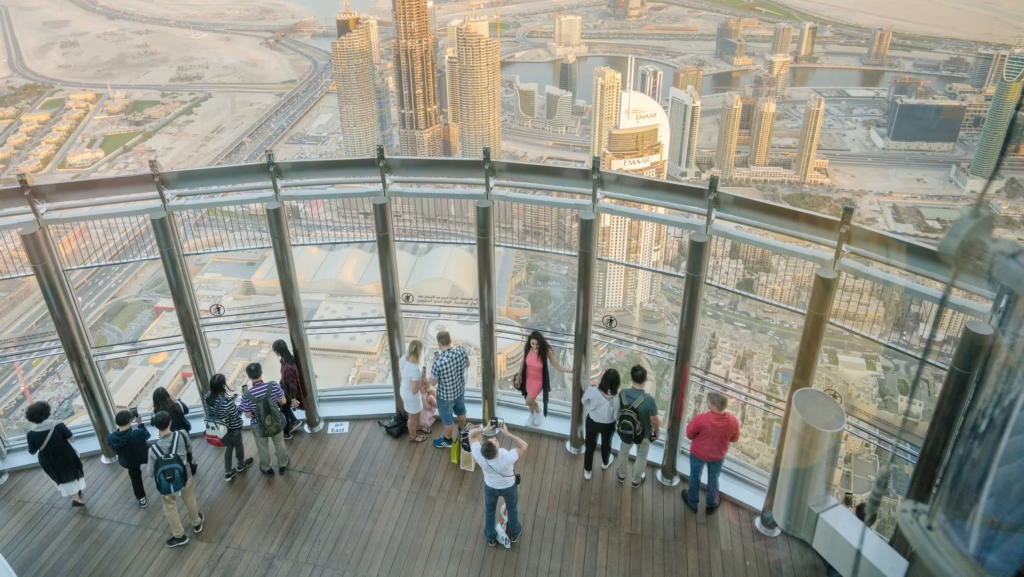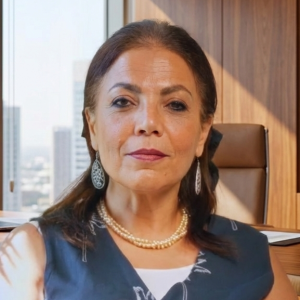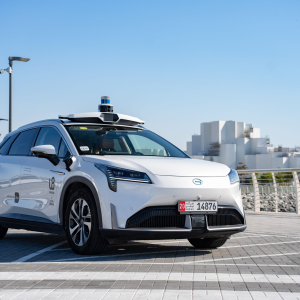Sheikh Hamdan bin Mohammed bin Rashid Al Maktoum, Crown Prince of Dubai and Chairman of The Executive Council, has officially approved a series of groundbreaking environmental sustainability initiatives. This significant decision aligns with Dubai’s ambitious goal to establish itself as a global leader in environmental conservation and sustainable development.
A Strong Commitment to Sustainability
The newly approved plans reflect the UAE’s dedication to environmental responsibility. Sheikh Hamdan emphasized the importance of sustainable practices, ensuring Dubai remains a vibrant, eco-friendly city for future generations. The initiatives will focus on reducing carbon emissions, increasing green spaces, promoting renewable energy, and encouraging sustainable business practices.
Dubai’s leadership has long been committed to creating an environmentally friendly future. These new sustainability projects further demonstrate the city’s determination to implement actionable changes that benefit both the environment and the economy. By supporting clean energy solutions, encouraging responsible waste management, and fostering green community spaces, Dubai continues to set an example for other metropolitan cities worldwide.

Key Highlights of the Initiatives

- Green Energy Expansion: Dubai aims to accelerate the use of solar energy and other renewable sources. The initiatives will expand the capacity of existing solar parks, including the Mohammed bin Rashid Al Maktoum Solar Park, one of the largest of its kind globally. This expansion will significantly contribute to the city’s target of generating 100% clean energy by 2050. Additionally, investments will be made in emerging technologies such as hydrogen energy, which could play a crucial role in reducing carbon emissions.
- Carbon Emission Reduction: Stringent measures will be implemented to reduce carbon emissions across various sectors. Industries will be encouraged to adopt cleaner technologies and contribute to the city’s net-zero emission goals. The government will work closely with private enterprises to monitor and reduce carbon footprints through the implementation of carbon capture, utilization, and storage (CCUS) systems.
- Waste Management and Recycling: Enhanced recycling programs and waste management systems will be introduced to minimize landfill waste. Residents and businesses will be incentivized to participate in recycling and waste reduction efforts. A state-of-the-art waste-to-energy plant will also be established, converting non-recyclable waste into clean electricity, further reducing the city’s dependency on fossil fuels.
- Green Infrastructure Development: The city will witness an increase in green spaces, parks, and urban forests. Sustainable construction practices and energy-efficient building designs will be promoted to reduce the overall carbon footprint. Developers will be encouraged to use environmentally friendly materials, implement water-saving systems, and install renewable energy sources in new construction projects.
- Public Awareness and Community Engagement: Community-driven programs will encourage residents to adopt eco-friendly habits. Educational campaigns and workshops will be organized to raise awareness about sustainability and its benefits. Schools and universities will play an essential role in instilling environmental responsibility among young people, fostering a culture of sustainability from an early age.
Why This Matters
Sheikh Hamdan’s approval of these initiatives marks a crucial step towards achieving Dubai’s sustainability goals. By adopting green technologies and encouraging responsible behavior, the city aims to mitigate the effects of climate change and improve the quality of life for its residents.
Moreover, these efforts will position Dubai as a regional and global leader in environmental conservation. It will not only attract eco-conscious investors and businesses but also inspire other cities to follow a similar path towards sustainability. The positive economic impact of sustainability initiatives is also noteworthy. As Dubai reduces its reliance on non-renewable energy sources, energy costs are expected to decrease, further contributing to the city’s long-term financial resilience.

A Collaborative Effort

The implementation of these initiatives will be closely monitored to ensure timely progress. Collaboration between government entities, private sectors, and the community will play a vital role in their success. The government has established clear performance metrics to measure progress, ensuring accountability and transparency.
Residents and businesses are encouraged to actively participate in sustainability programs and contribute to the city’s green transformation. From reducing plastic usage to using energy-efficient appliances, small steps can lead to significant positive outcomes when collectively adopted by the community. Through collective efforts, Dubai is poised to set a remarkable example of how urban development and environmental preservation can go hand in hand.
Looking Ahead
Sheikh Hamdan’s bold green move serves as a reminder that sustainability is not merely a choice but a responsibility. As Dubai embarks on this transformative journey, the world will be watching and learning from its commitment to a greener, healthier future. The city’s leadership hopes that the successful implementation of these initiatives will inspire other regions to take similar action in the fight against climate change.
With determination, innovation, and unity, Dubai’s environmental sustainability initiatives will undoubtedly pave the way for a cleaner, more sustainable world for generations to come.
Also read: Why Ras Al Khaimah’s $1 Billion Sukuk Listing Is Making Waves












